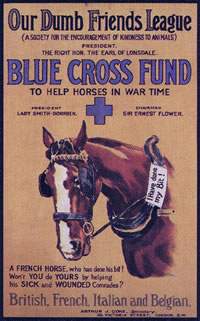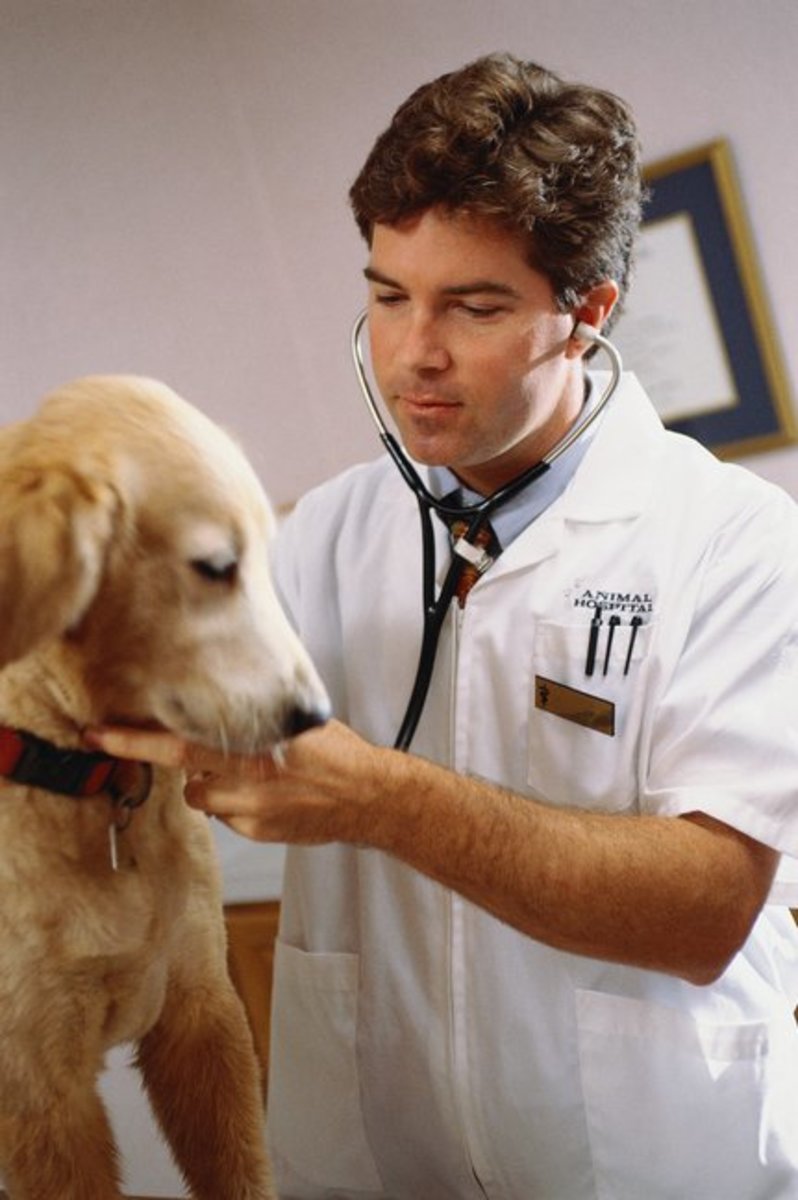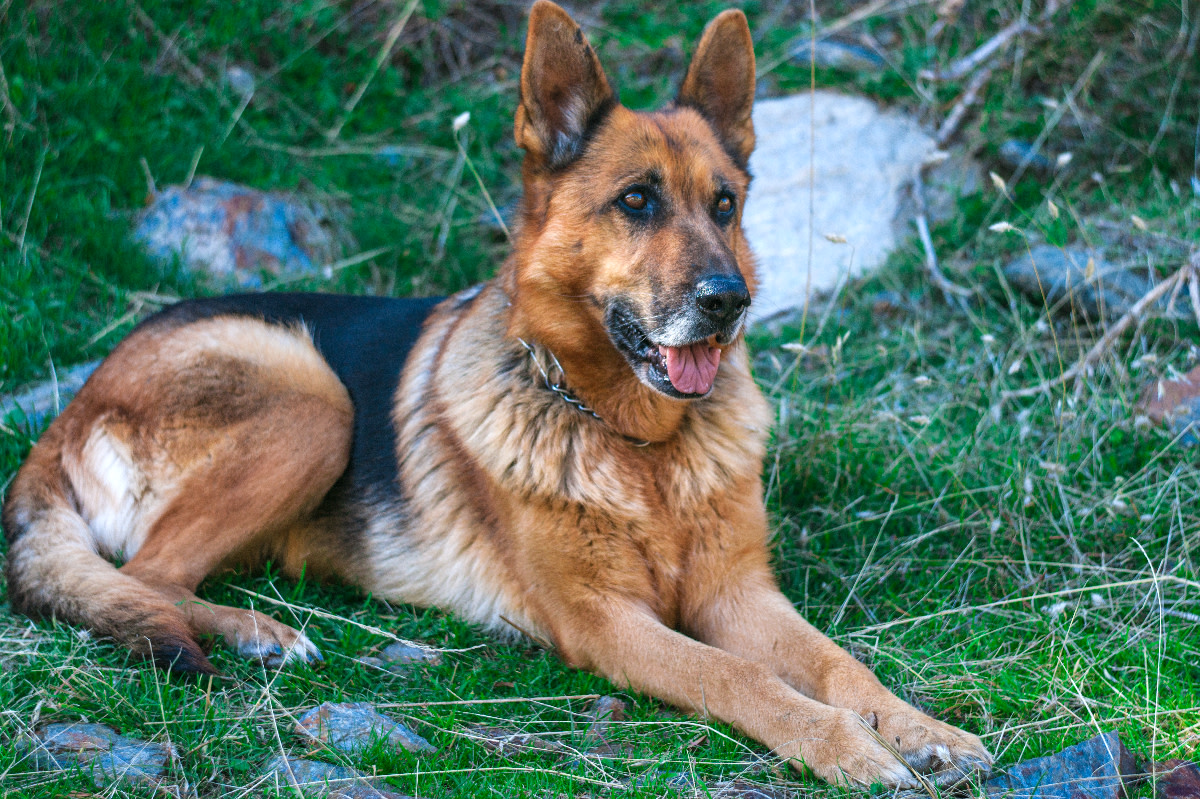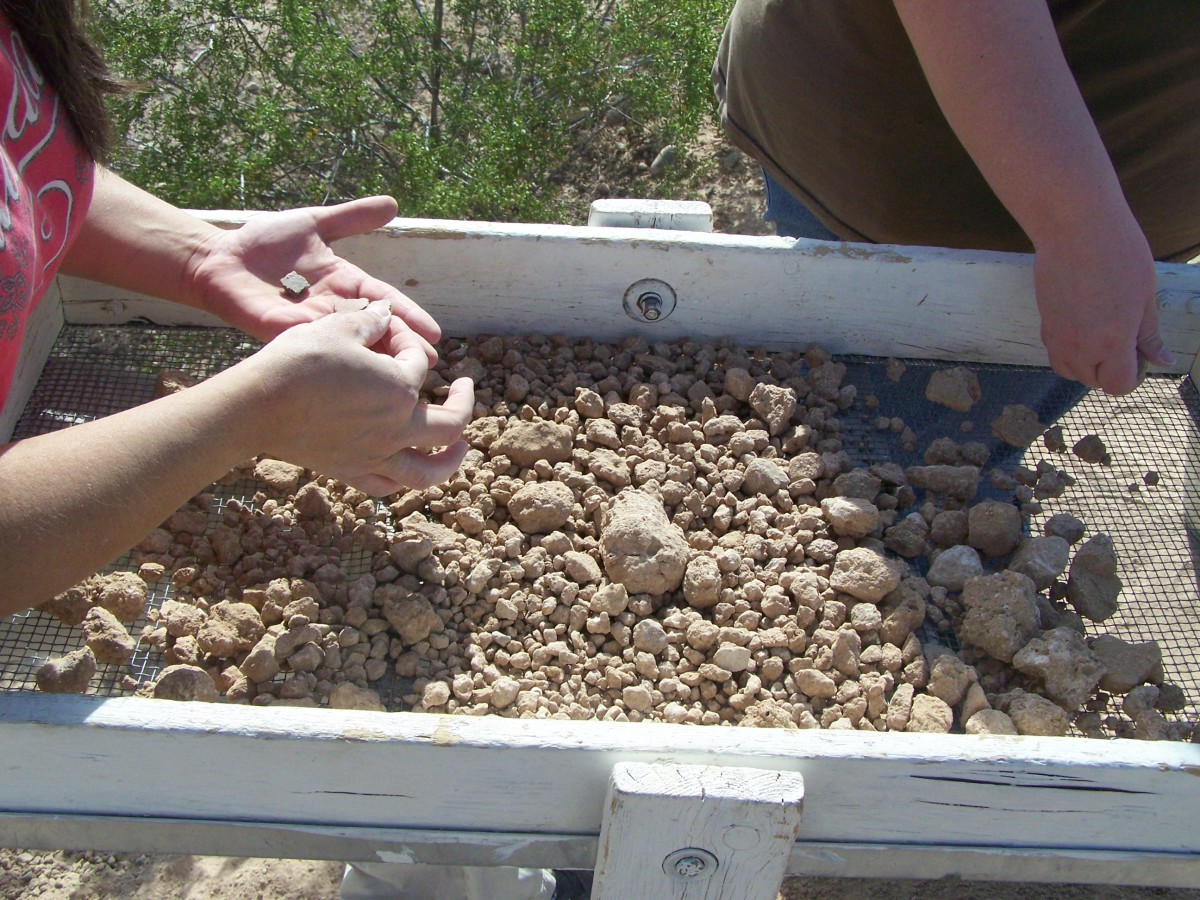Careers in Animal Rights
If you're interested in working with animals, there are several different career options you can pursue. You can also satisfy your interest in and desire to support animal rights and welfare through volunteer opportunities, which can give you a wide range of experience in working with animals and will help you develop the skills necessary for a career in that field.
The following is a list of some of the opportunities and jobs available to people who are interested in careers in animal rights.

Veterinarian, Veterinary Technician, and Veterinary Assistant
When most people think of a career that involves working with animals, they immediately think of veterinarians. Veterinary medicine can be a very rewarding, though stressful, career. The school involved in becoming a veterinary is only the beginning of the challenges that face veterinarians.
Typically you will complete four years of undergraduate work in a science (usually biology, chemistry, or animal science), then four years of veterinary school, followed by a year-long internship, and even several years as of residency depending on your veterinary specialization. Getting into veterinary school is extremely competitive: you will need excellent grades, in addition to substantial experience working or volunteering in a vet office, on a farm, in an animal shelter, or in another capacity in which you have direct contact and responsibility with animals.
The American Veterinary Medicine Association lists veterinary programs, specializations, and other information for future and current veterinarians on its website.
You might also consider being a veterinary technician, which is similar to a nurse for animals. Veterinary technicians also can pursue specialties; the National Association of Veterinary Technicians in America lists them and other resources on its website.
Animal Behaviorist or Trainer
Both animal behaviorists and animal trainers work with animals in a variety of settings—zoos, aquariums, veterinary clinics, animals shows, people's homes. There are, however, differences between not only the jobs that animal behaviorists and animal trainers do, but also the training and education required for each career.
Both careers work with animals; however, while animal trainers train animals, such as dogs, and help people learn to train their own pets, animal behaviorists study animal behavior and behavioral issues from a scientific and biological standpoint—almost like animal psychologists. In fact, most animal behaviorists hold PhDs or DVMs in veterinary medicine, animal science, animal behavior, psychology, or cognitive science. There are no degree programs or educational requirements for animal trainers, although many training programs do exist. Animal behaviorists usually have to be certified as behavioral specialists in order to work with animals in any setting, while certification for animal trainers is optional and voluntary.
Biologist or Zoologist
These are both careers that require educations in science (biology, zoology, wildlife science) and substantial experience working in the field with animals. Biologists and zoologists can work in zoos, for government agencies, for wildlife conservation programs, and other organizations that promote the welfare and well-being of animals on the local, national, and international levels. At least a Master's degree (and often a PhD) is required in this field.
Therapist
If you're a social worker, animal behaviorist, or psychologist, you can specialize in animal-based therapy, such as canine-assisted or equine-assisted therapy. In animal-assisted therapy, animals work with therapists to help their clients overcome a variety of physical, emotional, learning, and other issues. In recent years, canine-assisted therapy has been used to help military veterans who have had traumatic experiences.
As a dog trainer, you can specialize in training therapy dogs who will work in these situations; however, you do not need to be a trainer or behaviorist to have your dog certified as a therapy dog.
You can also volunteer with organizations that employ animals as therapists, such as Lothlorien Therapeutic Riding Center, Inc., and still reap all the rewards that come from working with animals and people.

Lobbyist
As a lobbyist, you can influence anti-cruelty bills and humane legislation that affect animals and animal rights. Since most lobbyists are lawyers, you will need to complete a Bachelor's degree as well as your law degree (JD), then become licensed to practice law by your state's bar. Lobbyists and lawyers can specialize in animal law, and work for a variety of organizations that defend and support animal rights. The Animal Legal Defense Fund helps to advance animal rights in the legal system.
Photographer, Artist, or Writer
If you're a creative person and enjoy photography, writing, or another form of art, you can use your work to promote animal rights and welfare. While it's difficult to break into any of these fields, you can still create a rewarding career for yourself by using your talents and passion to support and promote animal rights.
Volunteer
There are many opportunities to work with animals and support animal rights in a volunteer capacity. You can walk dogs at your local animal shelter. Check with your state's DEC (Department of Environmental Conservation) for the requirements and regulations to become a wildlife rehabilitator; most areas have a wildlife rehabilitation organization that will train volunteers and give them advice on becoming certified. There are also opportunities to volunteer internationally with organizations focused on wildlife conservation, rehabilitation, and other animal rights issues.
Resources
AfriCat Foundation. www.africat.org/
Animal Behavior Society. http://animalbehaviorsociety.org/
American College of Veterinary Behaviorists. http://www.dacvb.com/
ASPCA. http://www.aspca.org/about-us/faq/animal-careers.aspx
Blue Cross. http://www.bluecross.org.uk/
Certification Council for Professional Dog Trainers. http://www.ccpdt.org/
Elephant Nature Park. www.elephantnaturepark.org/
GVI—wildlife and conservation programs. http://www.gvi.co.uk/
Soi Dog Foundation. www.soidog.org/








